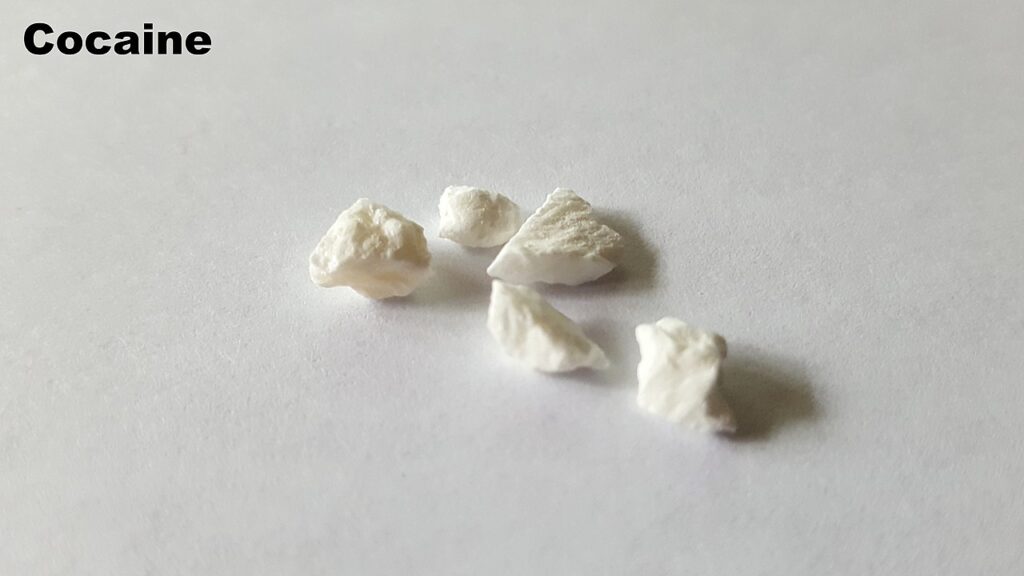Alcohol addiction is pervasive and affects millions of individuals and families worldwide. This article aims to comprehensively understand alcohol addiction, its causes, effects, and the various treatment options available. We hope this information will benefit those seeking help for themselves or their loved ones.
What is Alcohol Addiction?
Alcohol addiction, also known as alcoholism or alcohol use disorder (AUD), is a chronic disease characterized by an inability to control or stop drinking despite its adverse effects on one’s health and social relationships. Symptoms of alcohol addiction include an intense craving for alcohol, inability to limit drinking, development of tolerance, and withdrawal symptoms when not drinking.
According to the National Institute on Alcohol Abuse and Alcoholism, alcohol use disorder is a complex condition with mild to severe symptoms. It is a relapsing condition where individuals return to alcohol use after an attempt to stop. The cycle of alcohol addiction is vicious, often leading to severe health and social consequences if not addressed.
Why Does Alcohol Addiction Occur?
Alcohol addiction is a multifaceted issue with various contributing factors. These include genetic predisposition, environmental influences, and psychological conditions. Some individuals may be genetically more susceptible to alcohol addiction, while others may turn to alcohol as a coping mechanism for stress, trauma, or other psychological issues. The risk of developing alcohol use disorder also increases with excessive and prolonged alcohol consumption.
Who is Affected by Alcohol Addiction?
Alcohol addiction affects a wide demographic, cutting across age, gender, and socio-economic status. However, it is more prevalent among certain groups. For instance, men are generally more likely to develop alcohol addiction than women. The impact of alcohol addiction extends beyond the individual to families and communities, causing a ripple effect of social and economic consequences.
What are the Consequences of Alcohol Addiction?
The consequences of alcohol addiction are far-reaching and can be categorized into physical, mental, and social effects. Physically, excessive alcohol consumption can lead to various health issues, including liver disease, heart problems, and an increased risk of cancer. According to the Centers for Disease Control and Prevention, alcohol misuse contributes to over 200 diseases and injury-related health conditions.
Mentally, alcohol addiction can lead to disorders such as depression and anxiety. Socially, it can strain relationships, cause work-related problems, and lead to social isolation.
How is Alcohol Addiction Treated?
Treatment for alcohol addiction typically involves a combination of medication, therapy, and support groups. Treatment aims to help individuals stop alcohol consumption, manage cravings, and address the underlying issues that may contribute to addiction.
Medication can be a practical part of treatment. According to a review of Medicines To Treat Alcohol Use Disorder, medications such as Acamprosate, Disulfiram, and Naltrexone can help reduce the desire to drink and establish abstinence.
Therapy and support groups are also integral to treatment. Cognitive-behavioral therapy, motivational enhancement therapy, and 12-step programs like Alcoholics Anonymous can provide the support and tools needed to maintain sobriety.
At Recovery Services CT, we offer comprehensive services for individuals struggling with alcohol addiction. Our team of professionals is dedicated to providing the support and care needed for recovery.
Conclusion
Alcohol addiction is a serious issue, but recovery is possible with the right help and support. It’s essential to seek professional help if you or a loved one is struggling with alcohol addiction. At Recovery Services CT, we’re here to help you navigate your journey to recovery.





